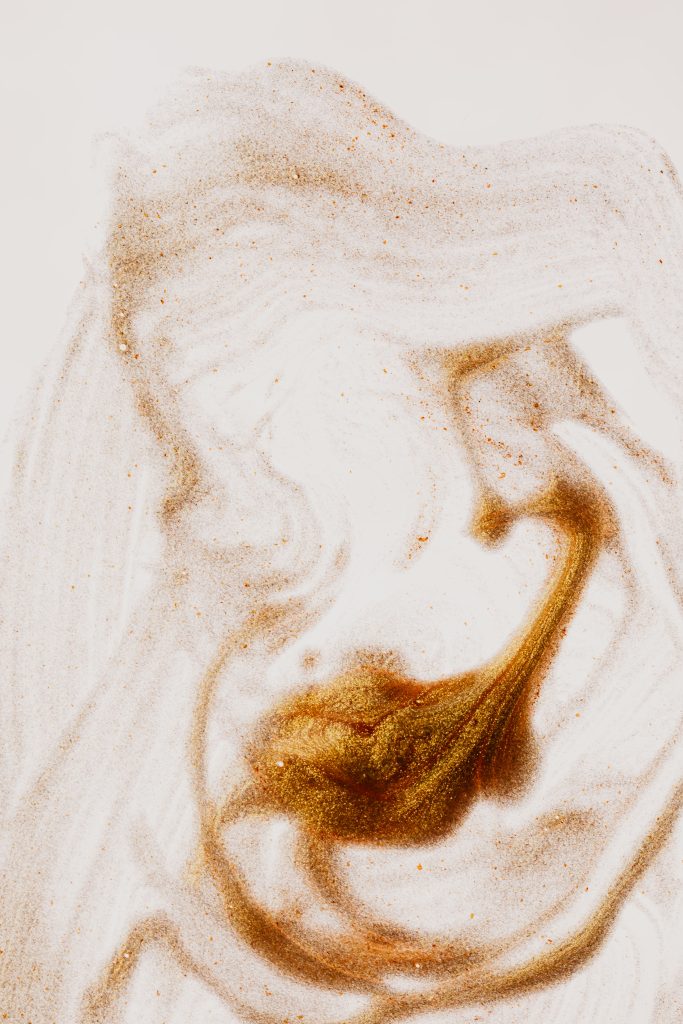Acne can be a pesky problem that just won’t seem to go away. It can affect your self-confidence and leave you feeling less than your best. But before you rush to the store for expensive creams and treatments, consider exploring the world of home remedies. From natural ingredients found in your pantry to simple skincare routines, there are plenty of options to help clear up your complexion without breaking the bank. In this article, we’ll take a closer look at the effectiveness of home remedies for treating acne and discover some tried-and-true methods to help you achieve smooth and radiant skin. So, get ready to banish those blemishes and say hello to a clearer, happier you!

Understanding Acne
What is Acne?
Acne is a common skin condition that affects millions of people around the world. It is characterized by the presence of pimples, blackheads, and whiteheads on the face, neck, chest, and back. Acne can be both physically and emotionally distressing, as it can lead to self-consciousness and low self-esteem. It occurs when the hair follicles become clogged with oil, dead skin cells, and bacteria, resulting in inflammation and the formation of acne lesions.
Causes of Acne
Acne can have various causes, and it is essential to understand them to effectively manage and treat the condition. One of the primary causes of acne is an excess production of oil by the sebaceous glands in the skin. When these oil glands produce too much oil, the pores become clogged, leading to the development of acne. Hormonal changes, particularly during puberty, can increase oil production and contribute to the formation of acne. Additionally, certain medications, stress, diet, and lifestyle factors can also play a role in acne development.
Types of Acne
Acne can manifest in different forms, each requiring specific treatment approaches. The most common types of acne include:
-
Whiteheads and Blackheads: These are non-inflammatory types of acne that occur when the pores become clogged with oil and dead skin cells. Whiteheads are closed comedones, while blackheads are open comedones that have oxidized, giving them their characteristic dark color.
-
Papules: Papules are red, raised bumps on the skin that can be tender to the touch. They occur when the walls of the hair follicles become inflamed.
-
Pustules: Pustules are similar to papules but filled with pus. They appear as red bumps with a white or yellow center.
-
Nodules: Nodules are larger, more severe forms of acne. They develop deep beneath the surface of the skin and are usually painful. Nodules can leave scars if not properly treated.
-
Cysts: Cysts are the most severe form of acne and can result in deep, painful, and large bumps filled with pus. Cysts often lead to scarring and should be treated by a dermatologist.
Home Remedies for Treating Acne
While there are numerous over-the-counter and prescription treatments available for acne, some people prefer to explore home remedies as a more natural and cost-effective approach. Here are ten home remedies that may help in the treatment of acne:
1. Proper Skin Care
Maintaining proper skin care can greatly contribute to the management of acne. Ensure you cleanse your face twice a day with a gentle and pH-balanced cleanser to remove excess oil, dirt, and bacteria. Avoid scrubbing harshly, as it can irritate the skin and worsen acne. Additionally, use oil-free and non-comedogenic moisturizers to keep the skin hydrated without clogging the pores.
2. Diet and Nutrition
What you eat can have a significant impact on your skin health, including the occurrence of acne. Opt for a balanced diet rich in fruits, vegetables, whole grains, and lean proteins. Avoid consuming excessive amounts of sugary and processed foods, as they can contribute to inflammation and worsen acne. Stay hydrated by drinking plenty of water, which helps flush out toxins from the body.
3. Natural Topical Treatments
Several natural ingredients have been found to possess anti-inflammatory and antibacterial properties, making them effective in managing acne. Tea tree oil, aloe vera gel, green tea extracts, and witch hazel can be applied topically to reduce inflammation and kill acne-causing bacteria. However, it is important to note that these natural remedies may not work for everyone and can cause skin irritation in some individuals.
4. Herbal Remedies
Herbal remedies have been used for centuries to treat various skin conditions, including acne. Some common herbs used for acne treatment include neem, turmeric, chamomile, and calendula. These herbs possess antimicrobial and anti-inflammatory properties that can help reduce acne lesions. Herbal remedies can be consumed orally as supplements or applied topically in the form of creams, gels, or poultices.
5. Using Essential Oils
Certain essential oils have been found to be beneficial in treating acne due to their antimicrobial and anti-inflammatory properties. Tea tree oil, lavender oil, and rosemary oil are popular essential oils used for acne treatment. However, it is important to dilute essential oils with a carrier oil before applying them to the skin to avoid irritation.
6. Homemade Face Masks
Homemade face masks can provide a soothing and nourishing effect on the skin while targeting acne. Ingredients like honey, yogurt, turmeric, and apple cider vinegar can be combined to create face masks with antibacterial and exfoliating properties. However, it is essential to patch test the mask on a small area of the skin before applying it to ensure there are no adverse reactions.
7. Stress Management
Stress can exacerbate acne by stimulating the production of cortisol, a hormone that increases oil production and inflammation in the skin. Engaging in stress-reducing activities such as regular exercise, meditation, deep breathing exercises, and getting enough sleep can help manage stress levels and, in turn, reduce the occurrence of acne breakouts.
8. Sleeping Habits
Ensuring an adequate amount of quality sleep can contribute to healthy skin and prevent acne flare-ups. Aim for seven to eight hours of uninterrupted sleep each night. Use a clean pillowcase and avoid sleeping on your face to minimize the transfer of bacteria and dirt onto the skin. Additionally, maintain a consistent sleep schedule to regulate hormonal balance and promote overall skin health.
9. Hygiene Practices
Proper hygiene practices can help prevent the spread of bacteria and minimize the occurrence of acne. Wash your hands before touching your face to avoid transferring dirt and bacteria onto the skin. Avoid touching or picking at acne lesions, as this can introduce more bacteria and lead to scarring. Regularly clean your makeup brushes and ensure that any cosmetics used are oil-free and non-comedogenic.
10. Lifestyle Modifications
Certain lifestyle habits can contribute to the occurrence of acne. Avoid smoking and limit alcohol consumption, as they can worsen acne and impair overall skin health. Protect your skin from excessive sun exposure by using sunscreen with a minimum SPF of 30. It is also advisable to wear loose-fitting clothing and avoid tight headbands or hats that can trap sweat and bacteria against the skin.
In conclusion, while home remedies for acne can be beneficial for some individuals, it is important to note that results may vary. It is always recommended to consult with a dermatologist for a personalized treatment plan, especially for severe or persistent acne. With proper care, a balanced diet, and a diligent skincare routine, you can effectively manage and reduce the occurrence of acne, leading to healthier and clearer skin.






